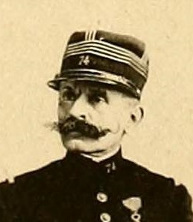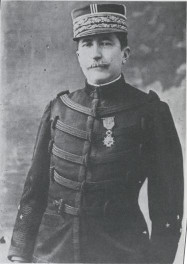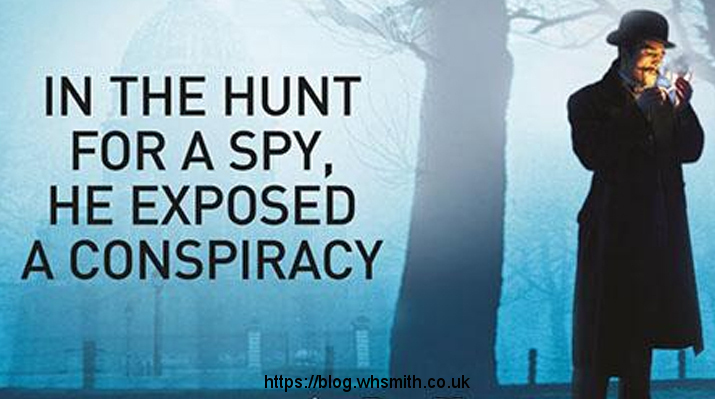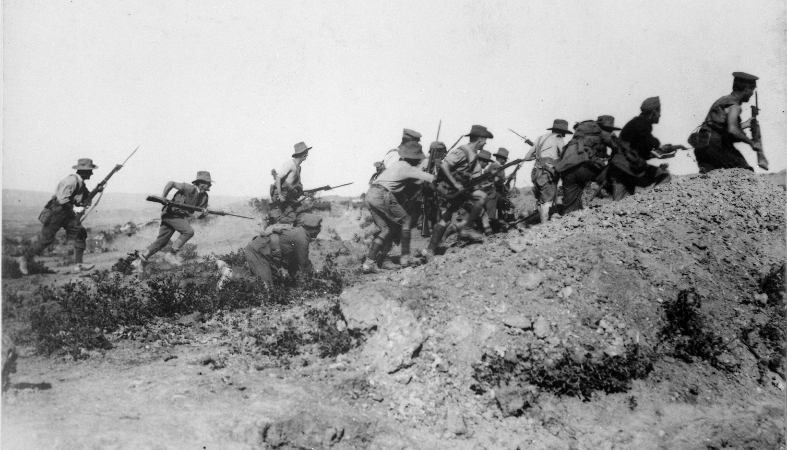One minor part of that period which we studied was the Dreyfus Affair. An incident which said more about French paranoia and hatred for Germans in the aftermath of the quick victory of North German Confederation led by the Prussians.
The period after the defeat led the French into a period of Revanchism (literally, “revenge-ism”), a deep seated sense of hatred and bitterness and demands of another war against Germany for revenge and to reclaim Alsace and Lorraine.
 Alfred Dreyfus was the perfect focal point for French angst. Born in Alsace, now in German hands, but still with family connections and holdings which made him relatively wealthy Dreyfus had the bonus of being Jewish in an era of rampant anti-Semitism. When he was falsely charged and convicted of passing French military secrets to the Germans the French were able to wrap up all their prejudices and hatreds into a neat parcel which they quickly shipped off to serve a life sentence of solitary confinement on Devil’s Island, French Guiana.
Alfred Dreyfus was the perfect focal point for French angst. Born in Alsace, now in German hands, but still with family connections and holdings which made him relatively wealthy Dreyfus had the bonus of being Jewish in an era of rampant anti-Semitism. When he was falsely charged and convicted of passing French military secrets to the Germans the French were able to wrap up all their prejudices and hatreds into a neat parcel which they quickly shipped off to serve a life sentence of solitary confinement on Devil’s Island, French Guiana.
Marie Georges Picquart was a French army officer who had been delegated to act as a reporter of the first Dreyfus court martial for the then Minister of War and the Chief of the General Staff.
He did well, the Minister of War liked him for he was promoted to the rank of lieutenant-colonel a year after Dreyfus’ conviction and he was given command of the Army’s Intelligence section. It was here that things began to unravel when he discovered evidence of Dreyfus’ innocence, and the real culprit to be Ferdinand Walsin Esterházy.
An honourable man, Picquart tried to right the grave injustice against Dreyfus, but the more he did so the more his own situation spiralled out of control. He fought against a military High Command and a government that wanted the whole sorry affair to stay, out of sight, on Devil’s Island and wouldn’t countenance any attempt to bring the truth out.
These were all real people and a real situation. The circumstances are also the basis of Robert Harris’ novel ‘An Officer and a Spy’. Harris puts flesh on people we only know from grainy photographs and gives voice to the silent pages of history.
Dreyfus is a minor character in a novel which deals entirely with the events which made him become a household name. Much more than a footnote in history though, the Dreyfus Affair shaped a whole generation of French politics but it could almost have been called the Picquart Affair because the way he was treated was also scandalous.
 Picquart wasn’t a perfect man. His journey from a military man who understands the nature of the organisation he is in, his own suggested anti-Semitism to a realisation that the army, his army, needed to find their own way to the truth is mirrored in the slow destruction of his own career.
Picquart wasn’t a perfect man. His journey from a military man who understands the nature of the organisation he is in, his own suggested anti-Semitism to a realisation that the army, his army, needed to find their own way to the truth is mirrored in the slow destruction of his own career.
Whether the conversations happened as Harris suggests or the course of events is laid out as he shows is irrelevant as the twists in the story lead the reader to an understanding of the forces and pressures at play in that time.
The desire for revenge, the anti-Semitism and the hatred of all things German and anything remotely connected to them drives the underlying story to a depressingly obvious conclusion. But that is not Harris’ doing, he merely reports, faithfully I feel, on the undertow that always threatened and almost succeeded in leaving Dreyfus to rot and drag Picquart under.
Picquart starts as an observer but inevitably becomes more involved until he has to take a stand. Throw in a mix of historical characters we have all heard off like Émile Zola and Georges Clemenceau and all those boring history lessons take on a whole new meaning.
Harris drives this story forward in a completely believable manner. The characters can be placed at that point, doing what they do and for the reasons they do them but he adds character and voice to them.
The depressing part of this, apart from the scandal of the cover up and the much repeated stand of an authority desperate to do anything except allow the truth to come out,is that this could well be a completely modern story. Change the time, the place and the characters but leave in the keys elements of cover-ups, a government determined not to change it’s mind regardless of the truth, secret-tribunals, intelligence agencies who are a law unto themselves, a whistle-blower being pilloried for telling the truth and the novel could have been set yesterday.
Harris’ mastery in telling this story shows us that not much has really changed.
I enjoyed this novel. To breath life into a story as well known and as old as this is an art in itself. And it was well done and well researched. 4/5



